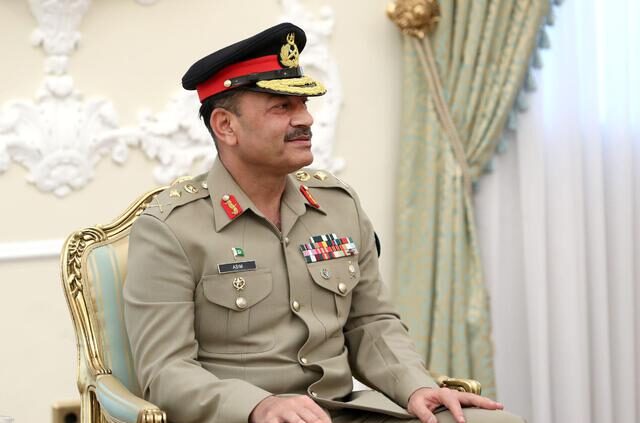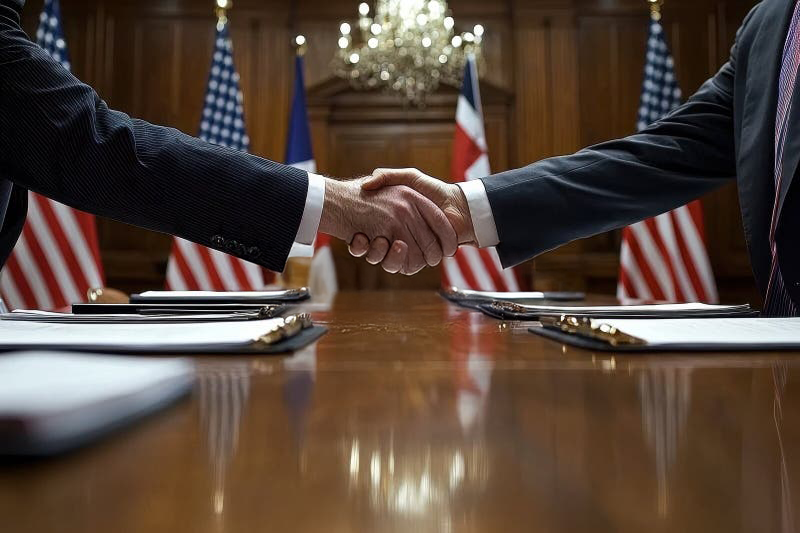Islamabad, June 19, 2025 – The U.S. President Donald Trump on Wednesday met with Pakistan’s Chief of Army Staff, General Asim Munir in Washington to assess the data regarding the increasing Israel-Iran conflict, and its impact on regional stability.

The meeting comes within the context of speculation on the potential for U.S. support of Israeli airstrikes on Iran, as part of its efforts to forestall Iran’s nuclear program. General Munir is seen to occupy a unique position in those developing events, and discussions on Iran were expected. Last week Trump mentioned that Pakistan understands the regional dynamic very well relative to Iran, and that they are not pleased with the outcomes of current events. “They understand Iran very well, and they’re not happy,” Trump said, leaving a a suggestion that they share elements of similar outlooks.
Pakistan has been preparing to offer itself as a mediator in the Middle East. Foreign Minister Ishaq Dar was made to state, “Iran is willing to negotiate if Israel stops striking them and we see evidence of action”, when asked about Pakistan’s outreach at the Diplomatic Route. Prime Minister Shehbaz Sharif largely condemned the actions of Israel, offered a very formal expression of solidarity with Iran, and called for a global response effort to find a solution to end the conflict.
The meeting, described as “historic” by official state media, represents an indication of emerging international confidence in Pakistan’s military leadership. Officials and analysts have underscored the strategic implications of the meeting. They emphasized Pakistan’s historical affinity with the U.S. and its role in regional security dynamics. General Munir of Pakistan will also meet U.S. Secretary of State Marco Rubio and U.S. Secretary of Defense during his visit, presumably Pete Hegseth.
The high-stakes engagement has caused concern in India. This follows recent tensions that resulted from a deadly attack in April 2024 in Jammu and Kashmir, in an area controlled by India, in which New Delhi blamed Terrorism. Former President Trump claimed credit for negotiating a ceasefire between the two neighbors, a narrative that has been welcomed by Pakistan and rejected by India. The former U.S. president also referenced ongoing trade negotiations with both nations, of which he implicitly called security during the meeting.
While international eyes remain focused on the Middle East, Pakistan’s military and diplomatic overtures indicate a desire to be engaged in dialogue to promote stability.




